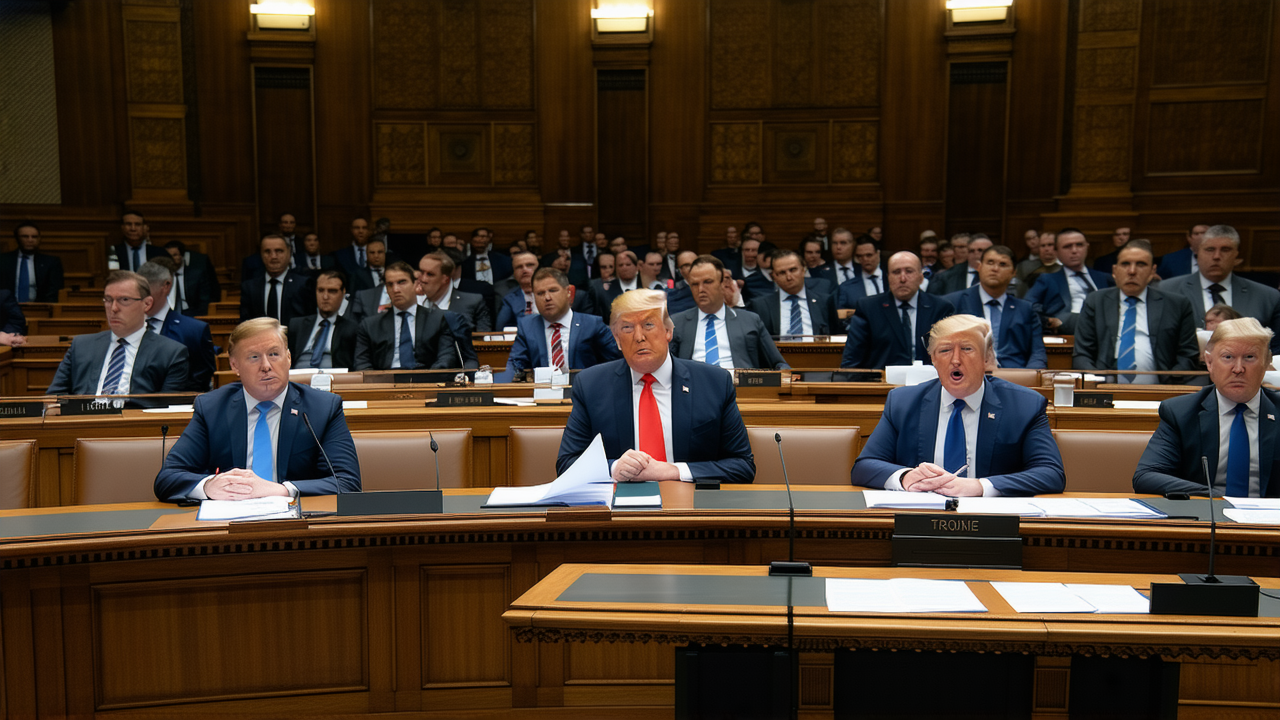Government Rushes Pay Equity Changes Using Urgency After Senior Minister Meeting
Government Rushes Pay Equity Changes Using Urgency After Senior Minister Meeting
Newly released documents have revealed that the New Zealand government’s decision to use urgency to push through controversial changes to the pay equity scheme was made after a high-level meeting between the Prime Minister and senior ministers. The changes to the Equal Pay Act, which were announced in May, are expected to save the government nearly $13 billion over the next four years.
The amendments to the Equal Pay Act include halting 33 ongoing pay equity claims, raising the threshold for new claims, and limiting the types of jobs that can be used as comparators when arguing for pay inequity. These changes, announced by Workplace Relations Minister Brooke van Velden, were not publicly anticipated, and the government used urgency to fast-track the bill through Parliament without any public consultation.
According to the documents, the use of urgency was not discussed by officials during the months of preparation in 2024. Instead, the decision to use urgency came after a meeting between Prime Minister Christopher Luxon, Finance Minister Nicola Willis, and Public Service Minister Judith Collins on March 4, 2025, between 9 PM and 10 PM. This meeting was set by Luxon’s office and overrode plans by van Velden’s office to consult with Collins and Willis earlier.
Publicly, ministers argued that the use of urgency was necessary to ensure that all claims were judged under the same conditions. However, internal briefings to van Velden from the Ministry of Business, Innovation and Employment (MBIE) warned that the changes had only been “limitedly tested and analyzed” due to the “short timeframe” for developing the proposals. Officials also expressed concerns about the potential for unintended consequences and the risk that the changes might not achieve their intended policy goals.
The documents also reveal that the government acknowledged the changes would be “contentious” due to their retroactive nature, which would remove people’s rights and override certain aspects of existing settlements. There were even contingency plans in place in case the changes were leaked, including developing a communications strategy to manage the fallout.
Interestingly, the government considered a “legislative pause” of seven to 11 months to build a new pay equity process, though this was not ultimately pursued. Officials estimated that wider reform of the pay equity system would have taken between 12 and 19 months.
This decision has sparked significant debate, with critics arguing that the use of urgency undermined democratic processes and public trust. Supporters, however, claim the changes are necessary to prevent a surge in claims and reduce the financial burden on the government and employers.
As the debate over pay equity continues, the government faces increasing pressure to justify its decisions and ensure that the new system is both fair and effective.
